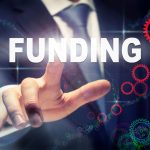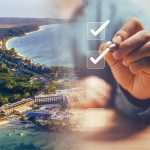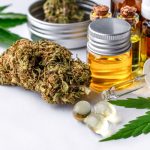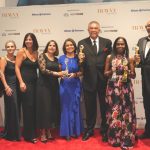The Jamaica Hotel and Tourist Association (JHTA) is moving quickly to ensure the tourism sector gets its share of the free COVID-19 self-test kits expected in the island soon.
JHTA President Clifton Reader, who spoke of the significance the tests would have for industry employees, says he will initiate talks with health officials.
“Naturally, some of it will end up in the tourism industry,” he says. “We will quickly get into discussions with them because, definitely, we would like some of those kits to screen our employees.”

Minister of Health and Wellness Dr Christopher Tufton recently announced that Jamaica will soon receive 150,000 self-administered antigen test kits which would be distributed free of cost. He did not provide a timeline for when the kits will arrive but did say that once they are in the country the ministry will have talks with “critical stakeholders to determine the best approach to distribute and use these kits”.
While noting that the cost of employee testing is significantly less than testing of visitors because of the smaller numbers involved, Reader says the free test kits will be a great addition to ongoing safety measures and protocols for doing business during the pandemic.
“What the pre-test will do is to allow less expensive screening. If we should ever suspect, say, a department in the hotel, or an individual, we can just administer the self-test on site and get verification in quick time. And if it’s positive, then we know that we can do the more expensive PCR,” he explains.
PCR or polymerase chain reaction testing is regarded as the gold standard in SARS-CoV-2 detection. It detects RNA (or genetic material) that is specific to the virus and can detect the virus within days of infection, even in people who have no symptoms.
Unlike antigen tests for which results can be reported within 15 minutes, the turnaround time for PCR tests is generally in the two- to three-day range. However, results can be ready in as little as 24 hours.
The JHTA has long advocated cheaper tests for both guests to the island and Jamaicans. Through its lobbying with partners such as the Jamaica Tourist Board, the price of PCR tests fell sharply from the initial US$200 being charged, says Reader. That was significant as Canada, one of Jamaica’s source markets for visitors, requires a negative PCR test result for entry.
“We’ve negotiated with a number of labs for [PCR tests for] all Canadian [visitors], and some of the labs have since extended [the rate] to locals as well, where it can be gotten on the market for US$75. So that’s a great reduction. In terms of antigen, that had been up to US$100 and now we’re getting it for less than US$15 per test. So those are some great reductions,” he adds.
Testing is a vital part of the measures in place to minimise the spread of COVID-19 within the sector, with incoming and outgoing visitors screened. Those results are used in generating real-time measurements for the industry’s positivity rate.
“The sector has done very well, in terms of staff positivity, and guest positivity being extremely low. Now I think it’s below point five of one per cent. So that’s excellent, excellent. But [the free test kits] will be an added tool in our toolkit to screen,” says Reader.
































































































































































































































































